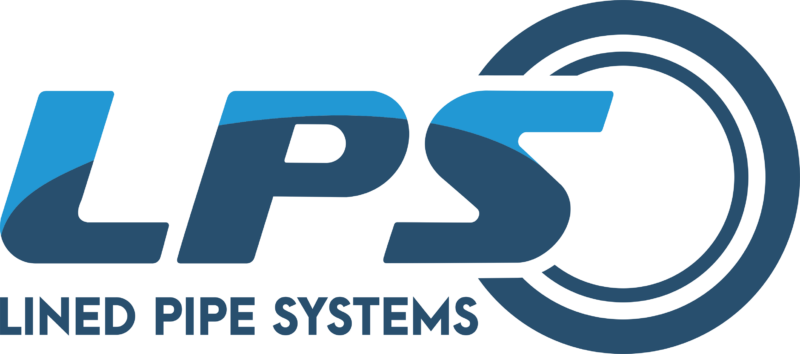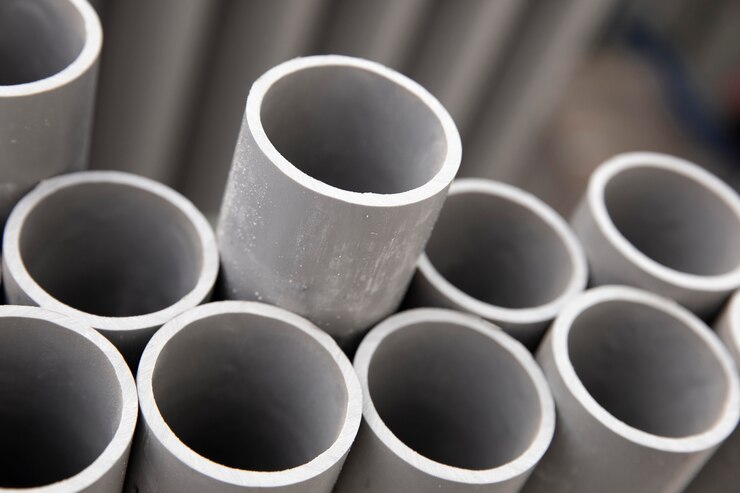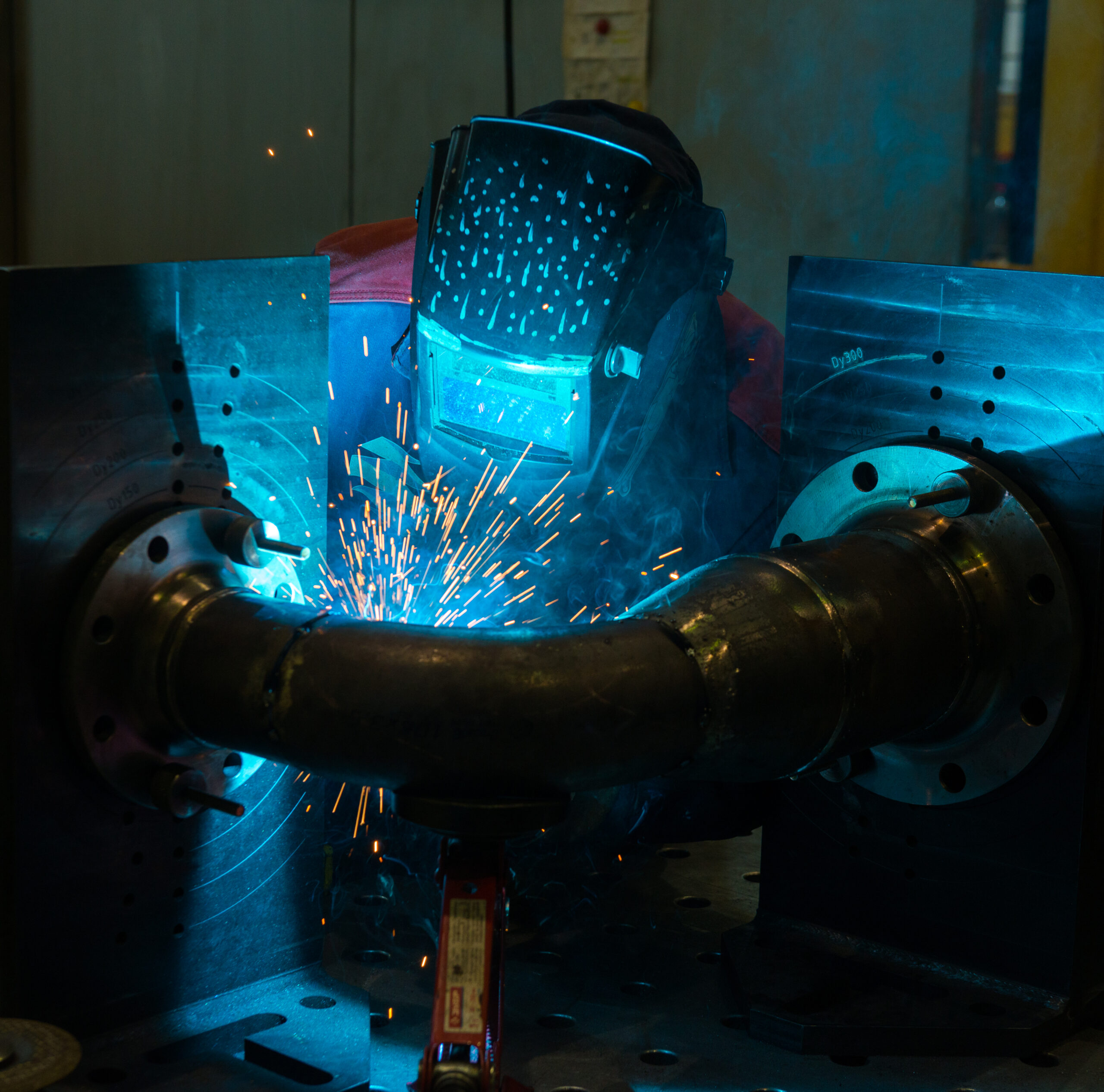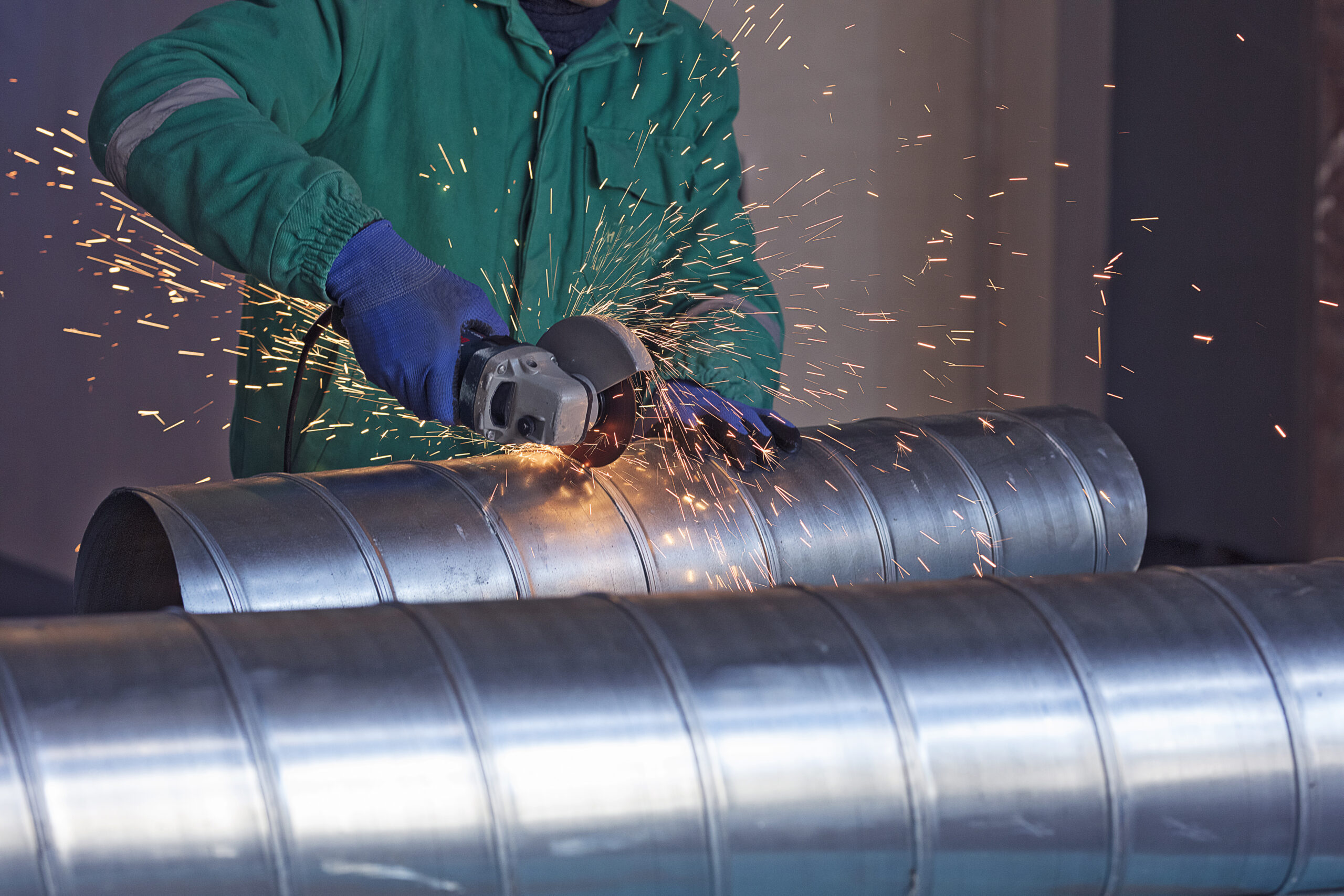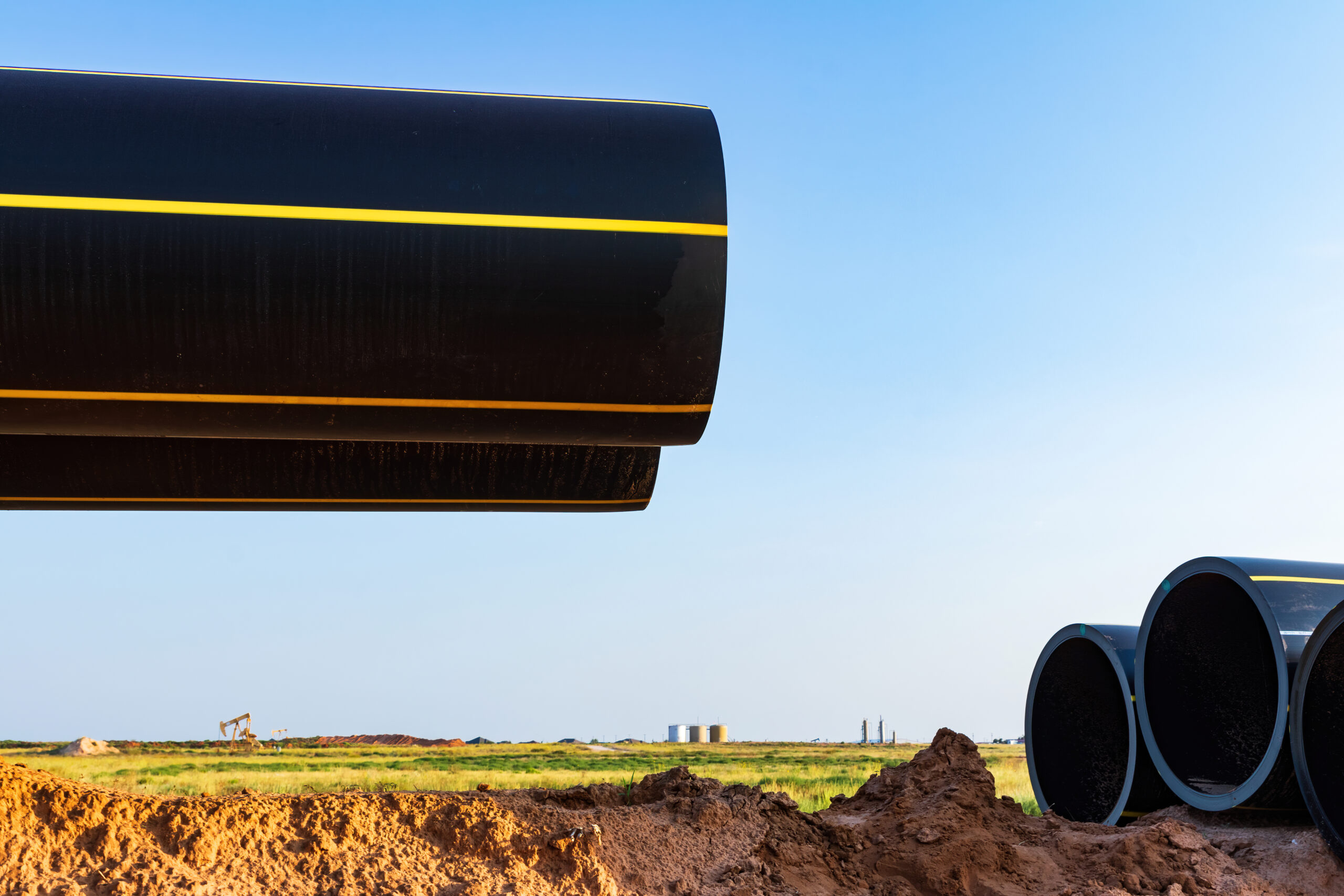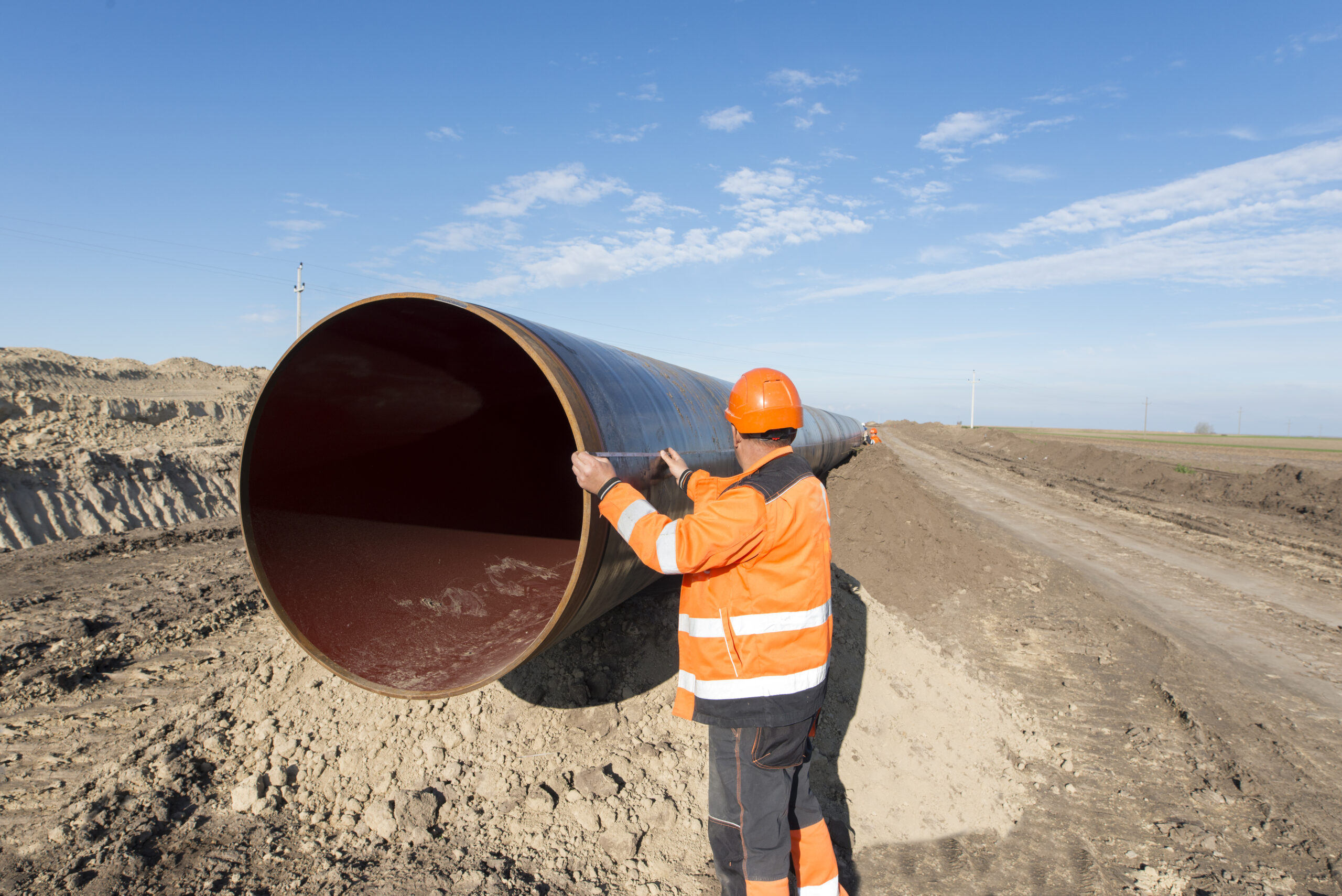Industrial pipe welding services are the invisible yet crucial element that keeps America’s industrial sector humming. From towering refineries to power plants and intricate manufacturing facilities, a complex network of pipes carries essential fluids – oil, gas, water, chemicals – that power our processes and progress. Therefore, ensuring the integrity and safety of these pipelines falls on the skilled shoulders of industrial pipe welders.
Why Industrial Pipe Welding Matters
Industrial pipe welding is more than just joining metal tubes. It’s a meticulous craft that demands expertise, precision, and adherence to strict industry codes. Thus, flawed welds can have catastrophic consequences, leading to leaks, ruptures, and even explosions. Here’s why industrial pipe welding is so critical:
- Safety: Faulty welds pose a significant safety risk to workers and the surrounding environment. Industrial pipe welders are trained to create secure, long-lasting welds that can withstand extreme pressure and temperature variations.
- Efficiency: Leaks and downtime due to weld failures cost businesses dearly. Proper industrial pipe welding ensures optimal system performance and minimizes disruptions.
- Environmental Protection: Industrial pipelines often transport hazardous materials. Secure welds prevent spills that can contaminate soil and waterways.
- Regulation Compliance: Numerous federal and state regulations govern industrial pipe welding. Qualified welders ensure projects comply with all safety and quality standards.
Additionally, we suggest reading out “How Many Basic Types of Joints Are There in Welding?”
Types of Industrial Pipe Welding
The industrial pipe welding landscape encompasses a variety of techniques, each suited for specific applications and materials. Here’s a breakdown of some common methods:
- Shielded Metal Arc Welding (SMAW), also known as stick welding, is a versatile process that uses a consumable electrode to create a weld pool. It’s suitable for various pipe sizes and materials.
- Gas Tungsten Arc Welding (GTAW), or TIG welding, utilizes a non-consumable tungsten electrode and a separate filler metal. It offers a clean, precise weld ideal for thin-walled pipes and exotic materials.
- Flux-Cored Arc Welding (FCAW), a semi-automatic process, employs a continuously fed electrode filled with flux that releases shielding gas and additional weld material. It’s known for its fast travel speeds and suitability for thicker pipes.
- Submerged Arc Welding (SAW) is an automatic process that utilizes a consumable electrode and submerged granular flux to create high-quality welds on thick pipes, often used in heavy fabrication shops.
Furthermore, when choosing a welding technique, factors like material type, pipe diameter, project requirements, and code specifications all come into play. At LPS (Lined Pipe Systems), we work closely with our clients to determine the most appropriate welding process for their specific needs.
Moreover, read out “Internal Corrosion in Pipelines – A Guide to Protecting Your Infrastructure with LPS Technology”
The Expertise of Industrial Pipe Welders
Industrial pipe welders are highly skilled professionals who undergo rigorous training and certification. Furthermore, they possess a deep understanding of welding procedures, metallurgy, safety protocols, and relevant industry codes. Here are some of the crucial qualities of a qualified industrial pipe welder:
- Technical Skills: Mastery of specific welding techniques, including proper equipment operation, electrode selection, and weld parameter control.
- Code Compliance: In-depth knowledge of relevant welding codes (e.g., ASME Boiler & Pressure Vessel Code) to ensure welds meet stringent quality standards.
- Safety Awareness: A strong commitment to safety practices to minimize risks associated with welding operations.
- Physical Stamina: The ability to work in challenging environments, often in awkward positions for extended periods.
Applications of Industrial Pipe Welding
Industrial pipe welding finds application across a wide range of industries critical to the American economy. Here are some prominent examples:
- Oil and Gas: Pipelines transport crude oil, refined products, and natural gas across vast distances. Expert welding is essential for ensuring the safe and efficient operation of these pipelines.
- Power Generation: Power plants rely on intricate networks of pipes to carry water, steam, and other fluids. Flawless welds are vital for maintaining reliable power generation.
- Chemical Processing: Chemical plants utilize a complex web of pipes for transporting various chemicals. High-quality welds prevent leaks and safeguard against hazardous material spills.
- Manufacturing: Manufacturing facilities use pipes for transporting fluids necessary for production processes. Secure welds ensure efficient operation and prevent production delays.
- Water and Wastewater Treatment: Water and wastewater treatment plants rely extensively on piping systems. Proper welds are crucial for maintaining clean water supplies and proper wastewater management.
Lined Pipe Systems
Lined Pipe Systems (LPS) emerged in 2017 to tackle a critical challenge in pipeline infrastructure: safeguarding the interior of steel welded pipe joints from corrosion. This issue arises when scorching temperatures exceeding 1,000°C exist mere millimeters away from the protective polymer lining.
Further, Our mission? To develop contractor-friendly solutions that not only offer permanent corrosion protection for weld joints but also facilitate rapid construction using established techniques. Through years of dedicated research and testing, LPS has pioneered the simplest and most cost-effective methods for constructing pipelines with internal coatings and linings.
LPS caters to a global clientele from its headquarters in Southern California, USA, while leveraging its R&D and manufacturing facilities in Minas Gerais, Brazil.
